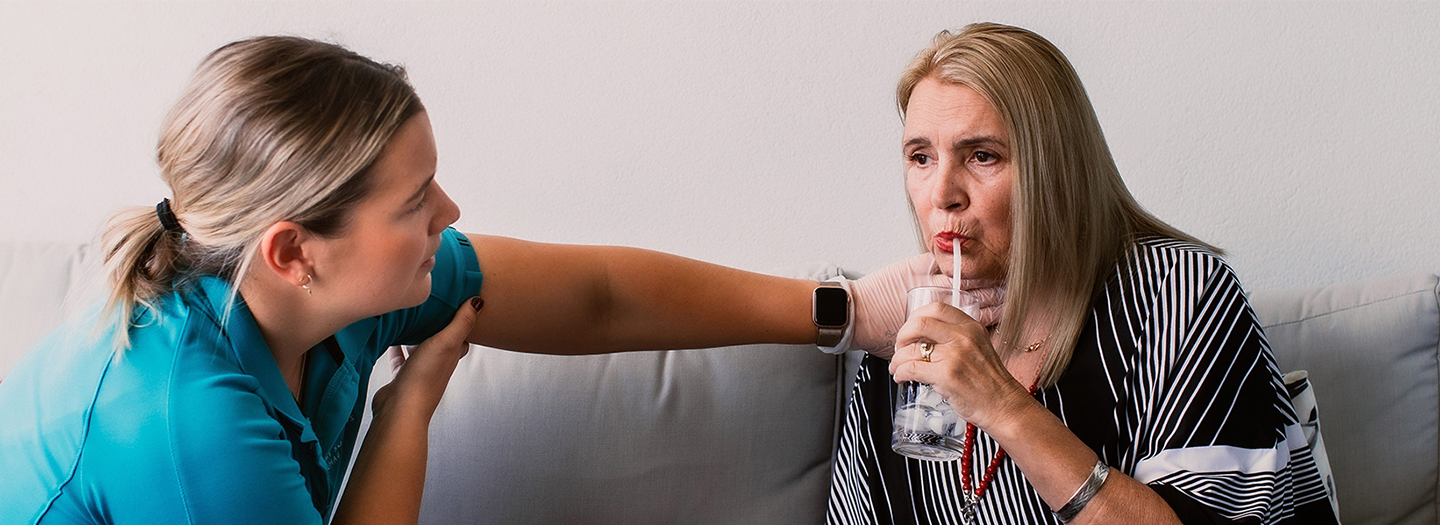Blog
Category: Speech Pathology
-

Speech Pathology: Making Communication Effective
Read More: Speech Pathology: Making Communication EffectiveCommunication is a fundamental aspect of human interaction, yet many individuals face challenges that hinder their ability to communicate effectively.…
-

Parkinson’s: Causes, symptoms and management
Read More: Parkinson’s: Causes, symptoms and managementWhat is Parkinson’s? Parkinson’s is a progressive neurological condition that recent research suggests affects over 100,000 Australians. Parkinson’s presents through…
-

Dysphagia and mealtime safety: How a Speech Pathologist can help
Read More: Dysphagia and mealtime safety: How a Speech Pathologist can helpDid you know Speech Pathologists are experts on swallowing? Swallowing is a common part of our everyday function. Like breathing,…
-

Back to Basics: Speech Pathology
Read More: Back to Basics: Speech PathologyWhat is a Speech Pathologist? Speech Pathologists are experts in communication. Their clinical role involves the study, diagnosis, and treatment…
-

Assistive Technology, Independence and Inclusion
Read More: Assistive Technology, Independence and InclusionWhat is Assistive Technology? Assistive Technology (AT) can constitute an integral part of the support framework that helps people living…
-

Fragile X Syndrome
Read More: Fragile X SyndromeInherited Conditions with Fragile X Gene Fragile X-associated Disorders are a term given to a range of inherited conditions that…
-

Spine injuries
Read More: Spine injuriesSpinal cord injury A spinal cord injury (SCI) is caused from damage to the spinal cord which results in a…
-

Autism
Read More: AutismWhat is Autism? Autism, or Autism Spectrum Disorder (ASD) is a diagnosis that refers to a broad range of symptoms…




